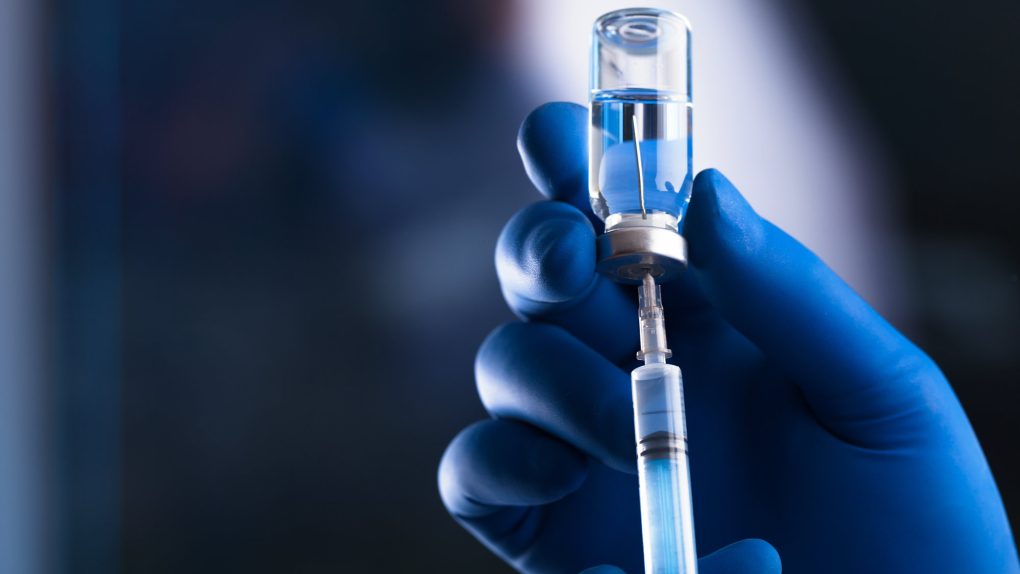- The drug formerly known as remdesivir and now being marketed as Veklury is the first FDA-approved coronavirus treatment. It was also among the drugs used to treat President Trump during his recent bout of COVID-19.
- However, not everyone thinks the drug is a winner or will actually work all the time against COVID-19.
- The World Health Organization has said its own study shows the drug doesn’t seem to have made much difference among some hospitalized coronavirus patients it studied.
The World Health Organization is sounding a note of caution about Gilead Science Inc.’s remdesivir — the drug that’s just become the first FDA-approved coronavirus treatment, and which was used to treat President Trump during his own bout with COVID-19.
In advance of remdesivir getting the green light from the FDA, the WHO released interim results from a study it coordinated which show that remdesivir along with a handful of other drugs had “little or no effect” on the death rates of patients hospitalized because of the coronavirus. Those results come from the WHO’s Solidarity Therapeutics Trial, and they’re from a study said to be the largest randomized control trial of coronavirus treatments to-date.
As part of the WHO study, 2,750 of 11,266 patients across 405 hospitals in 30 countries were given remdesivir. However, the study authors wrote: “No study drug definitely reduced mortality (in unventilated patients or any other subgroup of entry characteristics), initiation of ventilation or hospitalisation duration.”
The researchers continued: “Remdesivir, hydroxychloroquine, lopinavir (co-administered with ritonavir) and interferon regimens appeared to have little or no effect on hospitalized COVID-19. The unpromising overall findings from the regimens tested suffice to refute early hopes, based on smaller or non-randomized studies, that any will substantially reduce inpatient mortality, initiation of ventilation or hospitalization duration.”
Gilead, which originally developed the drug to treat the Ebola virus, released final data from its own large-scale remdesivir trial in the days prior to the WHO results. Gilead’s study, which included 1,060 patients hospitalized due to COVID-19, “found that remdesivir contributed to significantly-reduced mortality among those in the early stages of receiving oxygen support,” per CNBC. “However, it did not find a statistically significant reduction in death rates across the entirety of patients treated in the trial.”
Nevertheless, Gilead CEO Daniel O’Day went on CNBC to tout the findings and proclaim that the drug prevents people from “getting sicker,” and “from going onto more oxygen support.”
A statement from Gilead explains that the drug, being marketed as Veklury, “should only be administered in a hospital or in a healthcare setting capable of providing acute care comparable to inpatient hospital care.” That’s in contrast to a drug like Tamiflu, used to combat symptoms caused by the flu.
So far, the FDA has only approved Veklury for adults and children at least 12 years of age or older to be treated with the drug when they’ve been hospitalized as a result of COVID-19. That’s according to Chris Ridley, a senior spokesperson for Gilead, per a statement given to MarketWatch.








